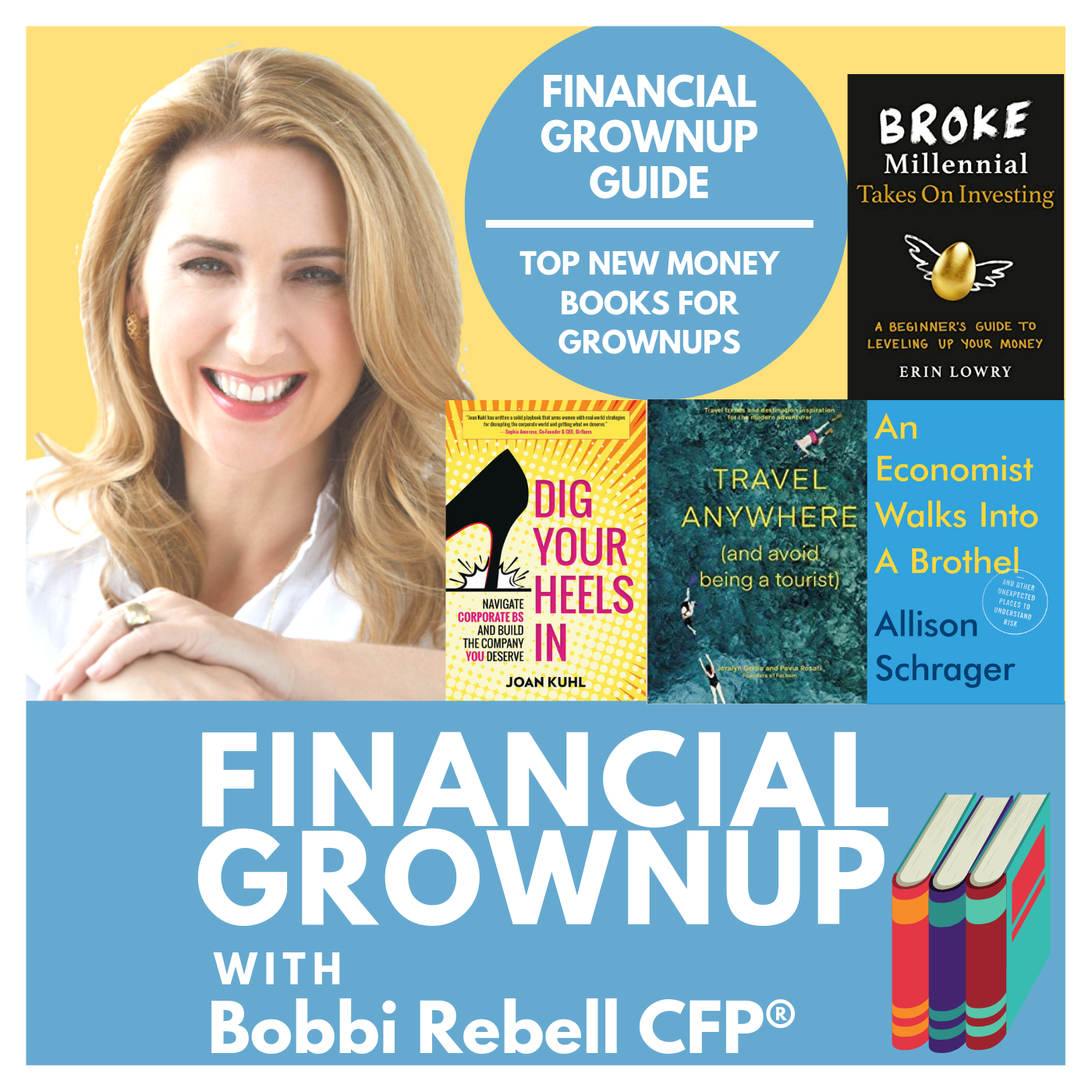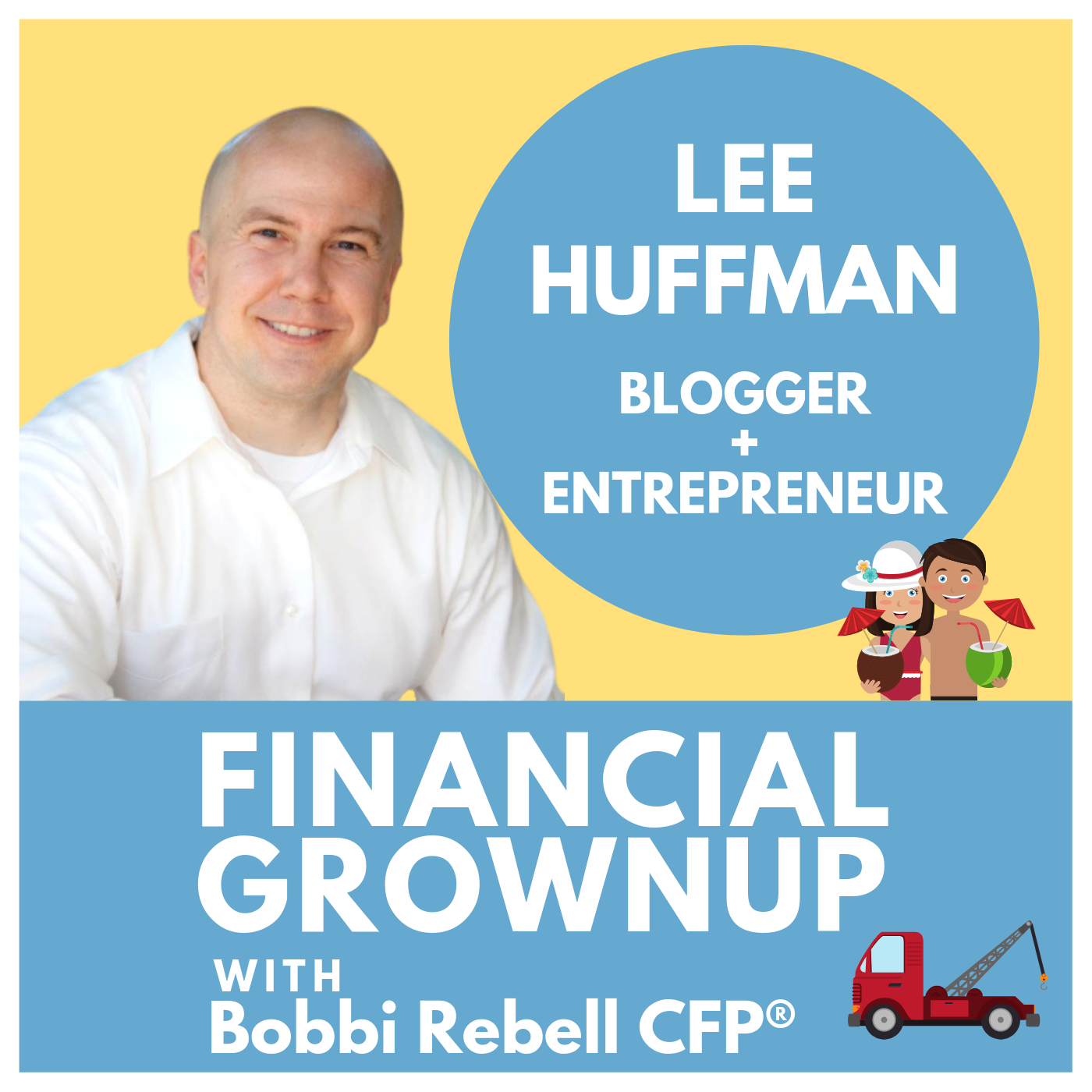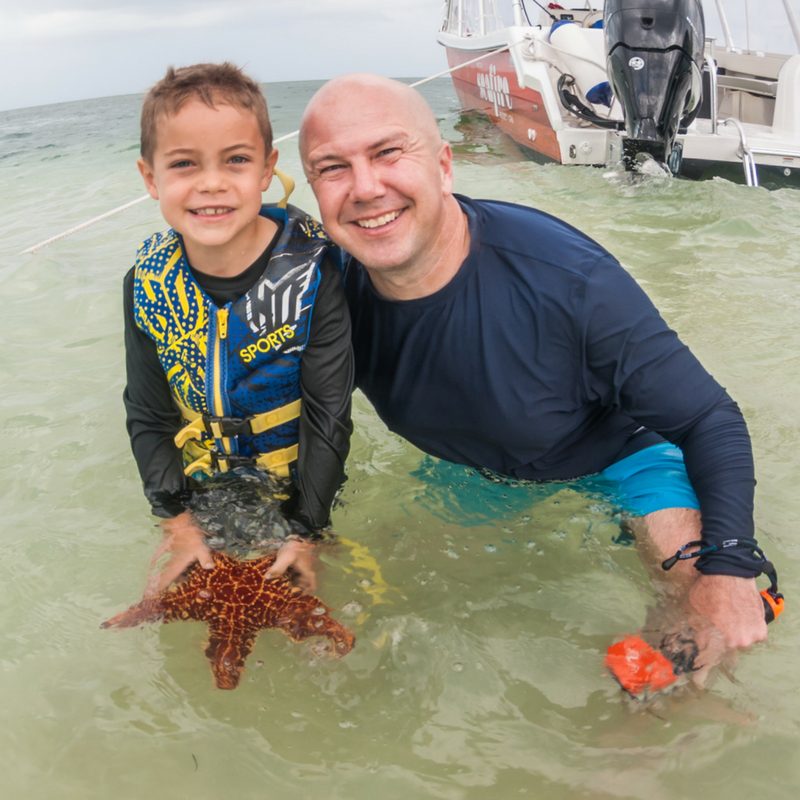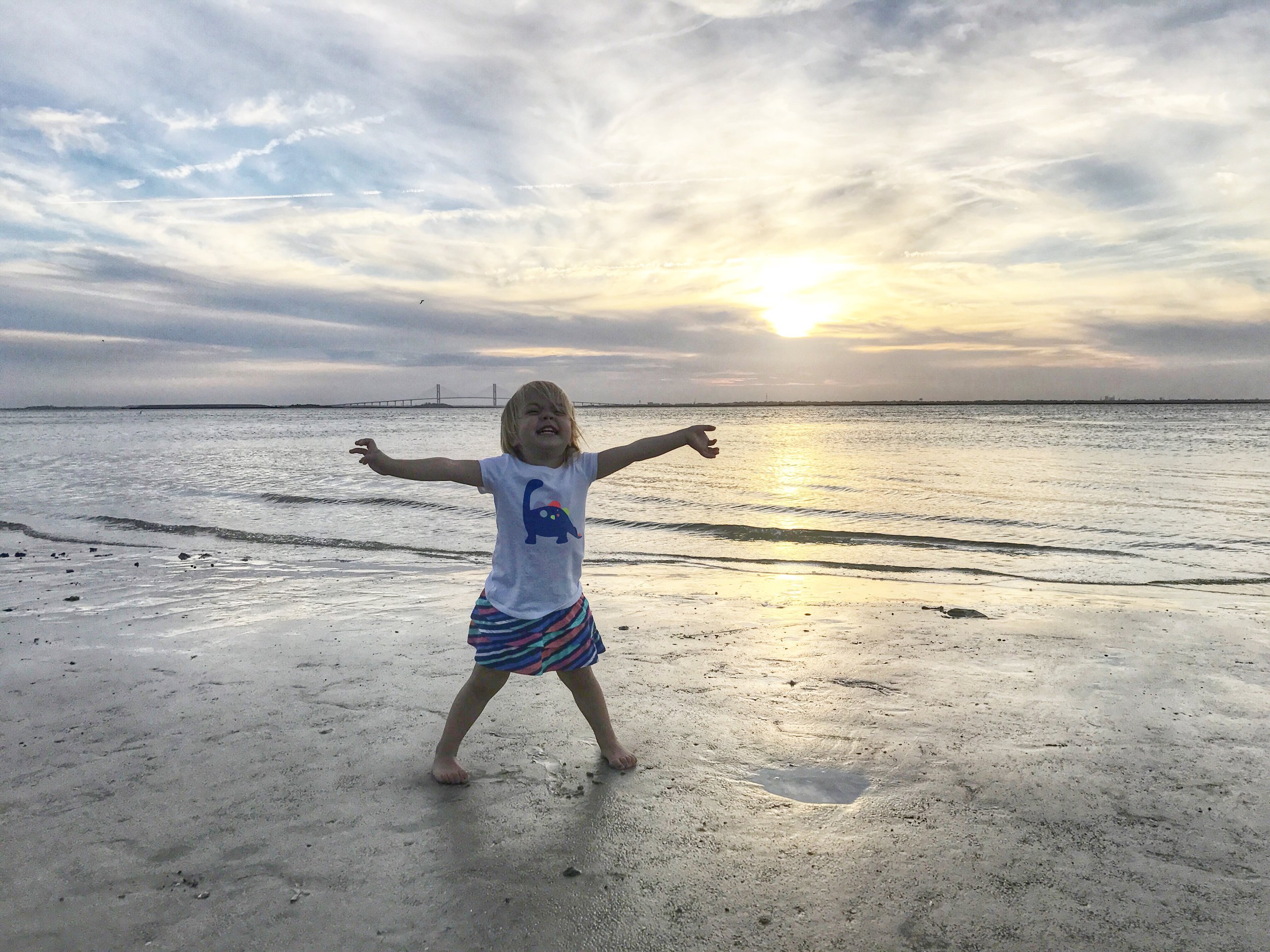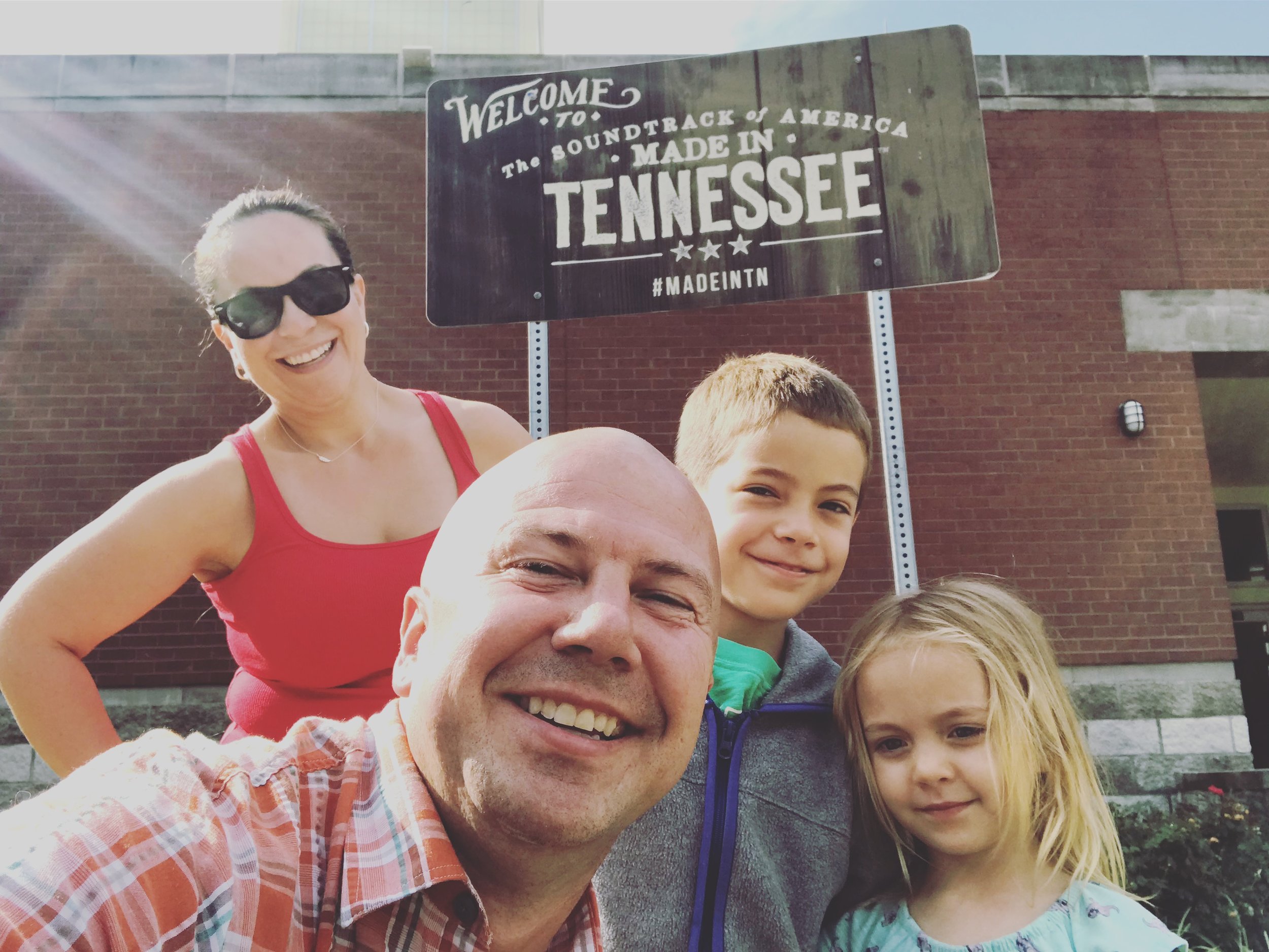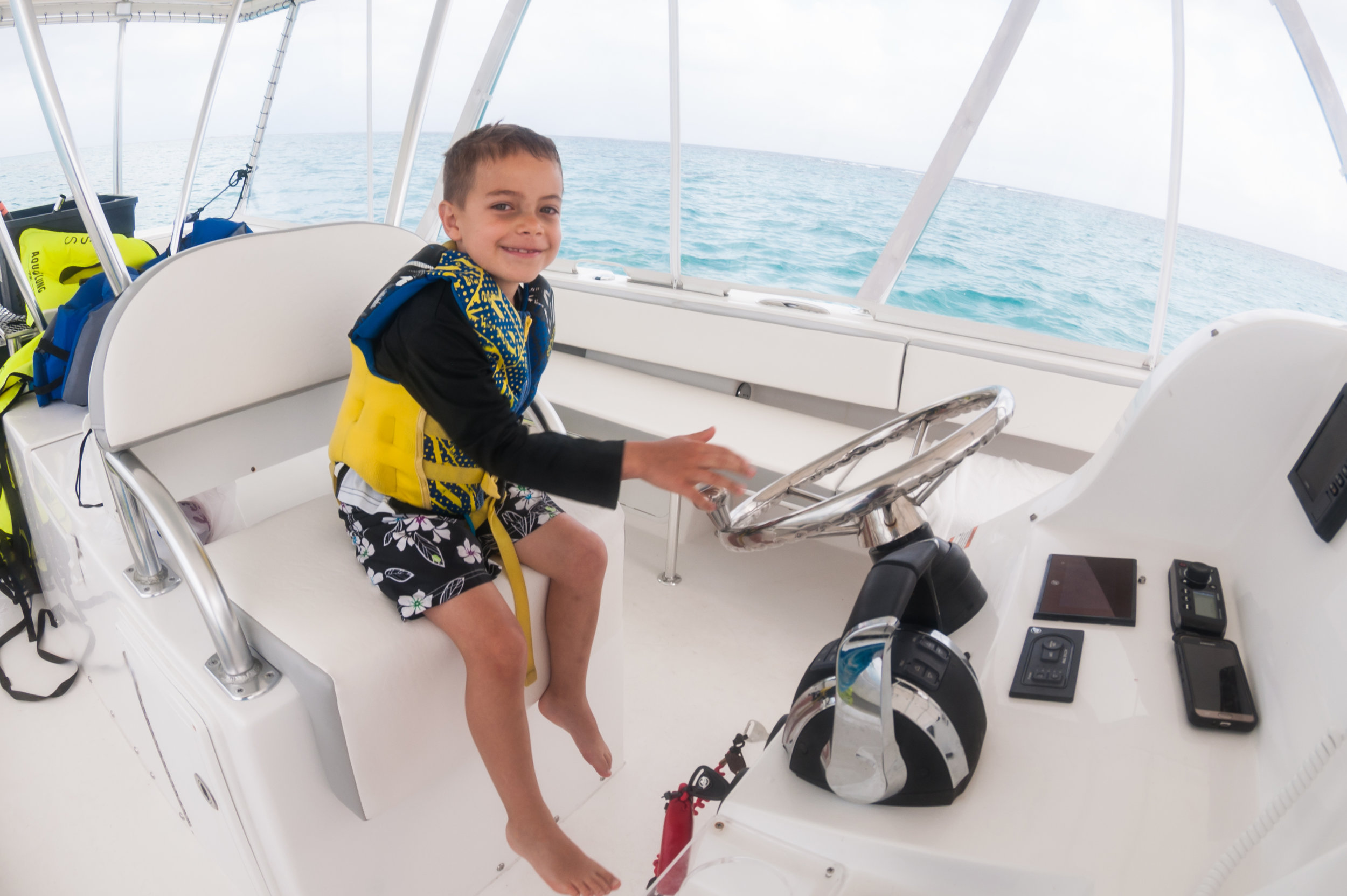TPG’s Executive Editorial Director Scott Mayerowitz joins Bobbi to answer the top questions he’s being asked about the travel business during the Coronavirus crisis.
Your Top Coronavirus Questions Answered
Bobbi Rebell:
You are the executive editorial director at The Points Guy, so the perfect person for us to come to with all of our travel questions.
Bobbi Rebell:
Before we get to those, tell us what's going on at TPG?
Scott Mayerowitz:
We've just been so busy. A lot of people right now are in this cancel, cancel, cancel mode, and trying to figure out how to change trips, or cancel them. We've been guiding them through that, there are a lot of questions about elite status. Then, some of us, the most optimistic, are already looking towards those late spring, early summer trips, hopeful that we can book, but just a little bit fearful. So, we've been really busy, just helping people through this whole process.
Bobbi Rebell:
You personally, you're grounded? You're coming to me, from your home.
Scott Mayerowitz:
Yeah, I'm coming to you from the Upper West Side of Manhattan. I had canceled a trip to Texas for work the other week, and I just today ended up having to cancel my May 1st trip to Portugal. I was holding on for the last second, but today was the day to get my miles back, and I decided to do it.
Bobbi Rebell:
How far ahead are you personally canceling plans, Scott?
Scott Mayerowitz:
The May 1st trip to Portugal was the only one I needed to get rid of. I have a summer family trip in August to Aruba, hopefully that will go ahead, but who knows? Right now, what I'm actually doing is I'm using my miles and my elite status to book a lot of things with flexibility, so using miles to book flights. I've got Bermuda, and the Bahamas booked. I'm actually thinking of nesting some trips together, just in June, to hold them with the hope that I can take at least one of them.
Bobbi Rebell:
What does that mean, nesting some trips together?
Scott Mayerowitz:
So, I would put together the weekend of June 6th, a trip. I would book another one, for the following weekend, and one for the following weekend. Hopefully, one of those trips will actually come together, in the end. But, I'm doing fully refundable bookings right now.
Bobbi Rebell:
Which are more expensive, in general. How are flight prices, then? I mean, my gut would say they're dirt cheap, but then again, are they more expensive because there are so few flights?
Scott Mayerowitz:
What I'm seeing there is there's so many schedule changes, you can see great flights. Someone the other day was telling me they saw $114 from New York to San Francisco, for the peak of summer, compared to $400, which is a normal peak summer fare.
Scott Mayerowitz:
The catch with all these, the airlines are giving you a lot of flexibility, but you're not going to get cash back. What you're going to get is a voucher, that's only valid from a year of booking. So, if you book something on March 25th, you have to use that voucher by next year. I have elite status with airlines, so I'm booking on miles, because I can redeposit those miles, for no penalty, back into my account and just cancel a trip.
Bobbi Rebell:
So, that would be advice for people, if you are booking travel ahead, use miles?
Scott Mayerowitz:
If you have elite status, especially because then you don't have to pay the redeposit fees. If you don't have status, it's like $75 to redeposit, it may or may not be worth it. The flexible cash tickets right now are really good, as long as you know that you're going to get a voucher, not actual cash back, so hopefully within the next year, you can use that voucher if you have to change your plans.
Bobbi Rebell:
So now, let's get to some of the questions that we had planned to go over, these are questions that you're getting from a lot of your TPG followers. The first one was, and we've already touched on this, airline elite status.
Bobbi Rebell:
What are airlines doing?
Scott Mayerowitz:
Yeah, it's kind of amazing. The folks at The Points Guy keep writing into us and saying, "How is my elite status going to be affected?" All the airlines are saying, "We understand this is an issue, that you are grounded for three, maybe four months, you can't fly as often as you want to, to get your elite status." Right now, some of them are doing some cuts.
Scott Mayerowitz:
Like British Airways is doing a 30% reduction, for all of its members on tier status and basically saying, "Here's the new threshold, good luck with this. Hopefully, we can get you there." They're all doing extensions of any vouchers, or companion tickets that might be out there. US Airlines haven't yet pulled the trigger on this. They are, I think, waiting to see how big the fallout is going to be for them, and just how long the pain is going to continue. But, I would look to see, probably, a 20, 30, even 40 percent reduction in what the qualifications are for elite status for airlines.
Bobbi Rebell:
Of course, let's also turn to the second question you're being asked, which is the hotels. What are the hotels doing for their elite status customers?
Scott Mayerowitz:
Yeah, here's it's a little trickier because we're seeing all sorts of different policies out there. Similar, there have been a few where its been 25% reduction in the qualifications. Others are not even talking about this, yet.
Scott Mayerowitz:
Hilton has, actually, one of the most generous policies. They basically said, "If you have elite status right now, we're going to give you another year, for free." Even if you don't have to travel, they're going to extend the status out for another year, they're doing the same with their free night certificates, any other vouchers that people will have. That is, by far, the most generous program that we've seen, to date. Hilton is in a battle with Marriott, they want to win over a lot of people who weren't happy with the merger of Marriott and Starwood, so they're coming out first with this policy, and trying to be as pro-consumer as possible. I give them a lot of credit for this, I think this is one of the best things that we've seen any airline or hotel do, and I hope others will follow.
Bobbi Rebell:
Do people need to do anything proactive with both the airlines and hotels, to get these? Or, is it just going to be automatically put on their account?
Scott Mayerowitz:
It should be automatically put on accounts, but one of the things that I always say is keep very close eye on all your accounts, and make sure you're getting what you're due.
Bobbi Rebell:
Let's go back to talk about the airlines. How are domestic airlines handling cancellation? This is for just everybody, not just the elite people. And, talk about flight waivers?
Scott Mayerowitz:
Yeah. Flight waivers keep changing, as the cancellations keep going out. There's a lot of flexibility right now, that if you have future travel, you can go ahead and get a voucher that you can use within a year of your purchase date to travel.
Scott Mayerowitz:
Let me just explain that. Let's say you were going on vacation April 15th, and you had a ticket purchased back in January, and you decide that you want to get a voucher for that. That is good only until next January, so it's one year from the date of you actually purchasing the ticket. A lot of people just need to be aware of that.
Scott Mayerowitz:
Others want their cash back, they don't want these vouchers. What I would say there is hold onto that ticket, be patient. The airline is probably going to cancel your flight on you, and once they cancel that flight, then you are legally entitled to get a cash back for it. Watch carefully, the schedules, and as soon as they cancel it, then you can get cash instead of a voucher.
Bobbi Rebell:
How much wiggle room is there if you call? Have the agents been given more latitude, in terms of how much they can accommodate customers, when you call a customer service line?
Scott Mayerowitz:
Not tons, airlines are desperate for the cash so they're trying to upsell you into vouchers. I've been hearing a lot of, if you ask for a refund they're going to say, "We can do that, but are you interested in a voucher instead?" They might add 20% extra value onto that. So, some people can come out ahead, if you definitely know that you're going to fly that same airline, and within one year of the ticket purchase. You're getting an extra 20% bonus there, you could use that for a trip that is hopefully discounted, given all that's going on.
Bobbi Rebell:
Right. There's negotiability, in terms of the value of your voucher. And maybe there's negotiability, you tell me, on that date? Because, what if you purchased your tickets very far in advance for a big trip, and the trip is a month away? But, you purchased it 11 months ago, that doesn't give you a lot of wiggle room from the purchase date. Is there negotiability there, just being reasonable?
Scott Mayerowitz:
It doesn't hurt to ask, but that's one that the airlines, traditionally, have not budged on, and that's where you're going to run into your headaches, especially for those trips that you booked a while ago.
Bobbi Rebell:
So then, you want to be watching for that flight to be canceled?
Scott Mayerowitz:
Yes.
Bobbi Rebell:
How are flying conditions changing right now? I got a notice from an airline today, talking about their social distancing efforts, because planes are notoriously ... We're squeezed in there so tight, how do they, then ... I mean, I guess it's happening naturally, that so many people aren't showing up for flights, but what's it like to actually fly, for people that are flying? The few and far between, and I guess far between literally, in between their seats.
Scott Mayerowitz:
Yeah, if we talk about airline occupancy, about a year ago you had about 89, 90 percent of all seats filled on planes. What I'm hearing from the industry sources right now is you're looking at 10, maybe 11 percent of seats filled, across the entire system. There are plenty of flights where there are just completely empty planes out there. Some that they'll run, some that they'll cancel. There are tales of airlines actually booking the middle seat, when you book a seat, to actually create that social distancing.
Scott Mayerowitz:
The TSA is saying 85 to 90 percent of the passengers that normally come through its checkpoints aren't coming through. You're seeing cases in airports like New York and LA, where they're actually closing terminals. So, you don't have a TSA checkpoint, you basically have empty airports.
Bobbi Rebell:
That's because so many of us are staying home, okay. We love to travel, what can we do to satisfy our travel bug, literally from the couch?
Scott Mayerowitz:
This is one of the great things about technology, is everybody has been doing virtual tours, or YouTube videos, where they're guiding you through their museum, zoo, aquarium, theme park, whatever it is. I've been amazed at this. We've been watching some of the Cincinnati Zoo videos with my daughter. All the major museums, art galleries, natural history ones, are doing virtual tours. Disney World is letting you actually ride all of its rides, through these great videos that they've put together.
Scott Mayerowitz:
I could go on and on about the list, between national parks, state parks, places like the Biltmore in Asheville, North Carolina, they've all come out with these amazing virtual tours, to keep you entertained.
Bobbi Rebell:
And we can find those through your website?
Scott Mayerowitz:
We have a story up on ThePointsGuy.com of some of our favorites, and then any institution that you want to visit has a link on their home page, too. But, we've curated a list at The Points Guy, of our favorite virtual tours.
Bobbi Rebell:
Last question. I want to end talking about good things. Tell us, how will the travel industry come back from this?
Scott Mayerowitz:
This is one that's going to take a while for the industry to really become much more profitable, but for travelers, they're going to be fighting for us to come stay at the hotel, so this will be a renaissance of deals, earning points and miles, and we'll guide you through all of those.
Scott Mayerowitz:
But I think it's also going to change the way we travel. I've been, for two weeks, with my wife and daughter, in our Manhattan apartment. We go out for a daily walk, and keep our social distance, but that's about it. I'm an extrovert, I love to travel, and I always love talking with people. But, I think now, I'm going to look at my travel very differently. Yeah, I'll probably still go and sit on the beach at some luxury resort, but I'm going to want more experiences where I get to learn from other people and interact, because that's really what we're craving.
Scott Mayerowitz:
As much as I love my family, and I do, I want to get out, and meet other people, and have actual conversations. I think you're going to see people, around the globe, missing that connection, and really changing the way that we travel, in the coming months and years.
Episode Links:
Scott Mayerowitz's website - www.thepointsguy.com
Follow Scott!
Instagram - @globetrotscott
Twitter - @GlobeTrotScott
Some of the links in this post are affiliate links. This means if you click on the link and purchase the item, I will receive an affiliate commission at no extra cost to you. All opinions remain my own.









